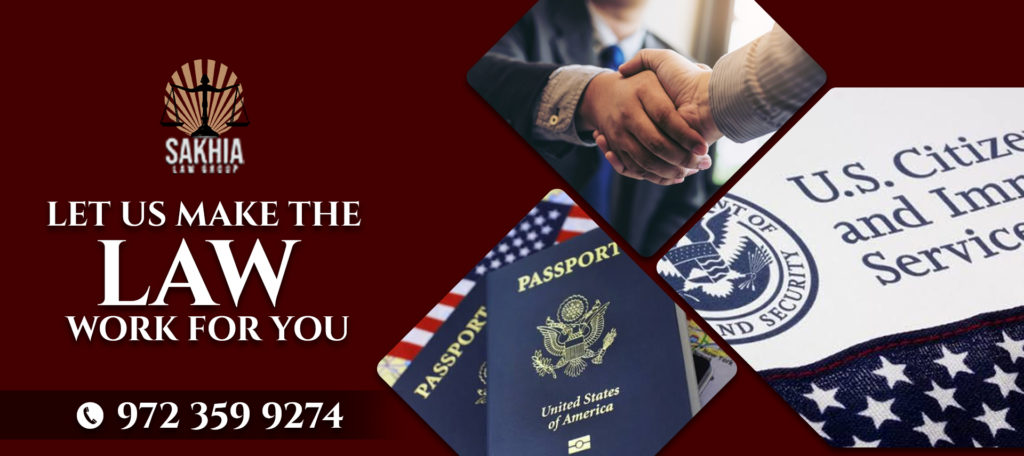
Religious Workers
Religious Visa & Immigration cases handled across USA & beyond. Just a click away.
Generally, a citizen of a foreign country who wishes to enter the United States must first obtain a visa, either a non immigrant religious visa for temporary stay or an immigrant visa for permanent residence. Temporary religious worker (R-1) visas are for persons who want to enter the United States to work temporarily in religious capacities.
Important Notice
Effective immediately, U.S. Embassies and Consulates will adjudicate visa applications that are based on same-sex marriage in the same way that we adjudicate applications for opposite gender spouses. Please reference the specific guidance on the Religious visa category for which you are applying for more details on documentation required for derivative spouses.
How to Apply
There are several steps to apply for a religious visa. The order of these steps and how you complete them may vary at the U.S. Embassy or Consulate where you apply. Please consult the instructions available on the embassy or consulate website where you will apply.
Gather Required Documentation
Gather and prepare the following required documents before your visa interview:
Passport valid for travel to the United States – Your passport must be valid for at least six months beyond your period of stay in the United States (unless exempt by country-specific agreements). If more than one person is included in your passport, each person who needs a visa must submit a separate application.
Nonimmigrant Visa Application, Form DS-160 confirmation page
Application fee payment receipt, if you are required to pay before your interview
Photo – You will upload your photo while completing the online Form DS-160. If the photo upload fails, you must bring one printed photo in the format explained in the Photograph Requirements.
Receipt Number for your approved petition as it appears on your Petition for a Nonimmigrant Worker, Form I-129, or Notice of Action, Form I-797, from USCIS.
Additional Documentation May Be Required
Review the instructions for how to apply for a visa on the website of the embassy or consulate where you will apply. Additional documents may be requested to establish if you are qualified.
Attend Your Visa Interview
During your visa interview, a consular officer will determine whether you are qualified to receive a visa, and if so, which visa category is appropriate based on your purpose of travel. You will need to establish that you meet the requirements under U.S. law to receive the category of visa for which you are applying.
Ink-free, digital fingerprint scans will be taken as part of your application process. They are usually taken during your interview, but this varies based on location.
After your visa interview, your application may require further administrative processing. You will be informed by the consular officer if further processing is necessary for your application.
When the visa is approved, you may pay a visa issuance fee if applicable to your nationality and will be informed how your passport with visa will be returned to you. Review the visa processing time, to learn how soon your passport with visa will generally be ready for pick-up or delivery by the courier.
Additional Information
Petition approval by USCIS does not guarantee visa issuance. Do not make final travel plans or buy tickets until you have a visa.
Unless canceled or revoked, a visa is valid until its expiration date. Therefore, a valid U.S. visa in an expired passport is still valid. If you have a valid visa in your expired passport, do not remove it from your expired passport. You may use your valid visa in your expired passport along with a new valid passport for travel and admission to the United States.
Spouse and Children –
Your spouse and unmarried children under age 21 may apply for R-2 visas to accompany or join you to reside temporarily. You must demonstrate that you will be able to financially support your family in the United States. They are permitted to study while in the United States but are not authorized to accept employment.
For information about employment or stud while in the United States, review Religious (R) Workers and Employment Authorization on the USCIS website.
Don’t forget to follow us on Facebook